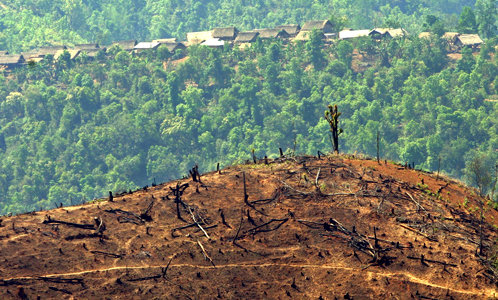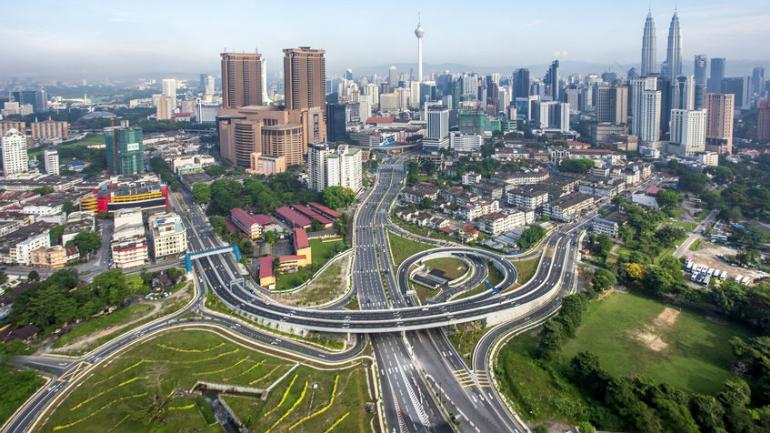Environmental Decision Making
Across the world, environmental decisions are constantly being taken. Their settings vary, as do the people and groups involved. Environmental decisions occur within neighborhoods, small businesses, corporate boardrooms, and in the offices of local, state and national governments. They involve different people with different backgrounds. There is a constant need for understanding the various processes, actors and preconditions of decision-making processes for environmental management.
Environmental decisions anchor themselves on three entities – businesses, government, and the civil society at large. Facilitating interaction between them, and focusing on sustainable use of earth’s resources, have been key challenges for developed and developing countries alike. What directions should research and development take? What specific roles should be played by the different actors so that innovation and creativity in environmental decisions can be fostered? How can environmental decision-making at various levels be supported and promoted?
It is clear that a culture of study, research and pedagogy needs to be developed, that is primarily focused on the earth, and on man’s environmental footprint. Environmental research needs to be geared towards mitigating current problems, and securing the earth for future generations. What changes, modifications and adjustments are necessary for a turn-around to refocus our efforts on sustainable lifestyles?
Research insights, monitoring and evaluation results, and information dialogues need to be incorporated into environmental projects, so that demonstrable successes can be an inspiration for further action and replication. What concrete steps should be taken? What is the nature of partnerships and networking that need to be put in place for sharing of knowledge gained?
This AGDI program combines alternatives, information, outcomes, and preferences to enable decision-makers achieve clarity of environmental action. The research focuses on ways of breaking down a problem into manageable parts and explicitly considering all available courses of action.
By systematically evaluating the implications of their decisions, decision-makers can clarify their actions, understanding what they should do, even with uncertainties.

Sustainability Development
AGDI’s program on Sustainable Business takes its genesis from the ongoing paradigm shift from curative and remedial solutions to preventive and management solutions, encompassing pollution prevention, LCA/material flows, industrial symbiosis, consumer education and related issues.
Sustaining the developmental gains achieved by most African countries has been a major challenge of the 21 st century. Accessing adequate financial resources to maintain country’s overheads and staff salaries is also an ongoing challenge.
This is where the partnerships of most developmental organizations like ours is most needed like yesterday.
Adequate human resources to carry out the vision of most African countries are the starting points for achieving the national and continental developmental goals. To sustain every aspect of the stride made by countries across the continent, concerted efforts must be made in ensuring that genuine and meaningful investors are encouraged to bring in their expertise and their professional contributions to make the continent reach to the height that has always merely dreamt about.
The contributions of our brothers and sisters in the Diaspora cannot achieve a long lasting result. Effort of governments across the continent is needed to foster a good developmental-oriented relationship that will bring to bear the desired long term result.
The objective of this AGDI program on Sustainable Development is to function as a repository of key online information on the theme – since considerable information already exists on the web. It also helps in contextualizing all other programs of AGDI, which eventually, directly or indirectly, leads to sustainability.
The concept of sustainable development means sustainability in three areas – the environment, the economy and the community. If development is sustainable, it empowers the people of the community, maintains or improves the economy, and treats the environment responsibly.




